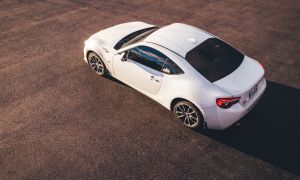China has called on its auto manufacturers to pause significant investments in European Union (EU) countries that support the recent imposition of tariffs on Chinese electric vehicles (EVs), according to sources cited by Reuters.
The directive comes in response to new EU tariffs, which can reach up to 45.3%, following a comprehensive year-long investigation. At an October 10 meeting with the Ministry of Commerce, major Chinese automakers such as BYD, SAIC, and Geely were advised to suspend major investment activities, including plans for building factories, in countries that align with the tariff policies.
This strategic measure by the Chinese government aims to strengthen its position in ongoing discussions with the EU about alternative solutions to the tariff issue. Beijing hopes to maintain the flow of EV exports to Europe, a crucial market that accounted for over 40% of China’s EV shipments in 2023. With existing 100% tariffs on Chinese-made EVs in the US and Canada, a significant drop in European exports could exacerbate domestic overproduction problems faced by Chinese automakers.
While nations such as Italy and France have expressed interest in Chinese auto investments, they have also raised concerns about the influx of affordable Chinese EVs and their impact on European automakers.
State-owned SAIC is currently exploring potential sites for an EV manufacturing plant in Europe and is preparing to launch a parts distribution center in France. Simultaneously, Italy is in discussions with automakers such as Chery and Dongfeng Motors for potential investments. BYD, another key player, is constructing a facility in Hungary and considering relocating its European headquarters there to cut costs.
This week, EU and Chinese officials have agreed to continue technical discussions to find alternative solutions to the EV tariffs. Despite eight rounds of dialogue between the European Commission and Chinese officials, “significant remaining gaps” in their positions persist.





